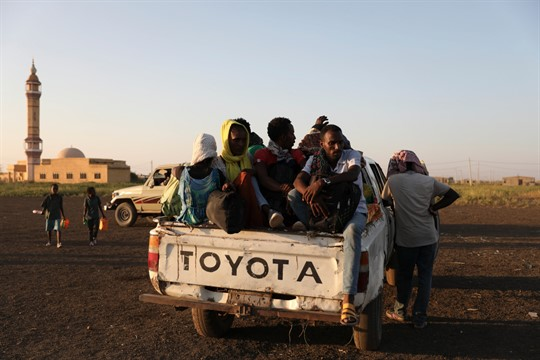‘Stop the madness,’ Tigray leader urges Ethiopia’s PM
The fugitive leader of Ethiopia’s defiant Tigray region on Monday called on Prime Minister Abiy Ahmed to “stop the madness” and withdraw troops from the region as he asserted that fighting continues “on every front” two days after Abiy declared victory.




